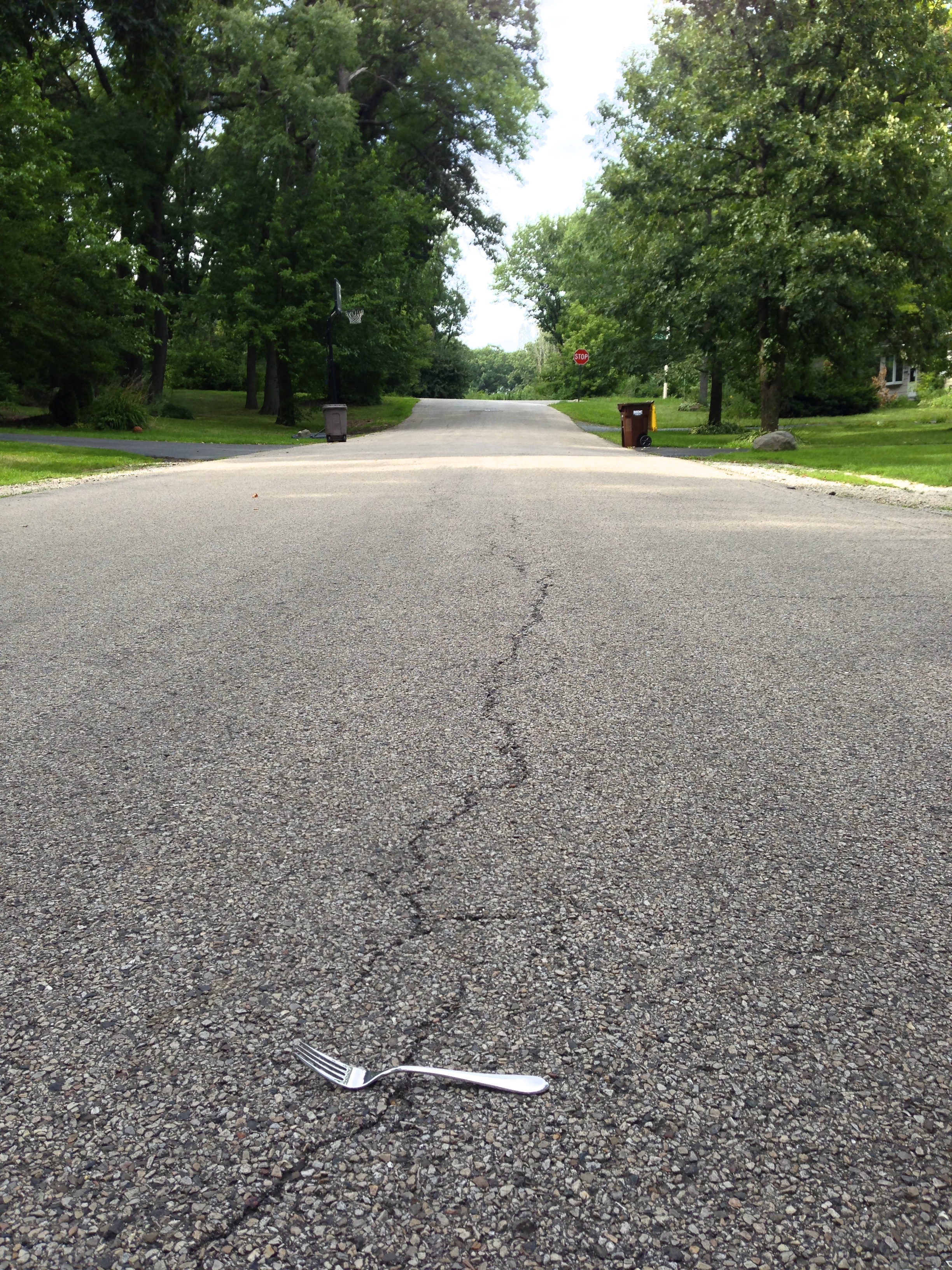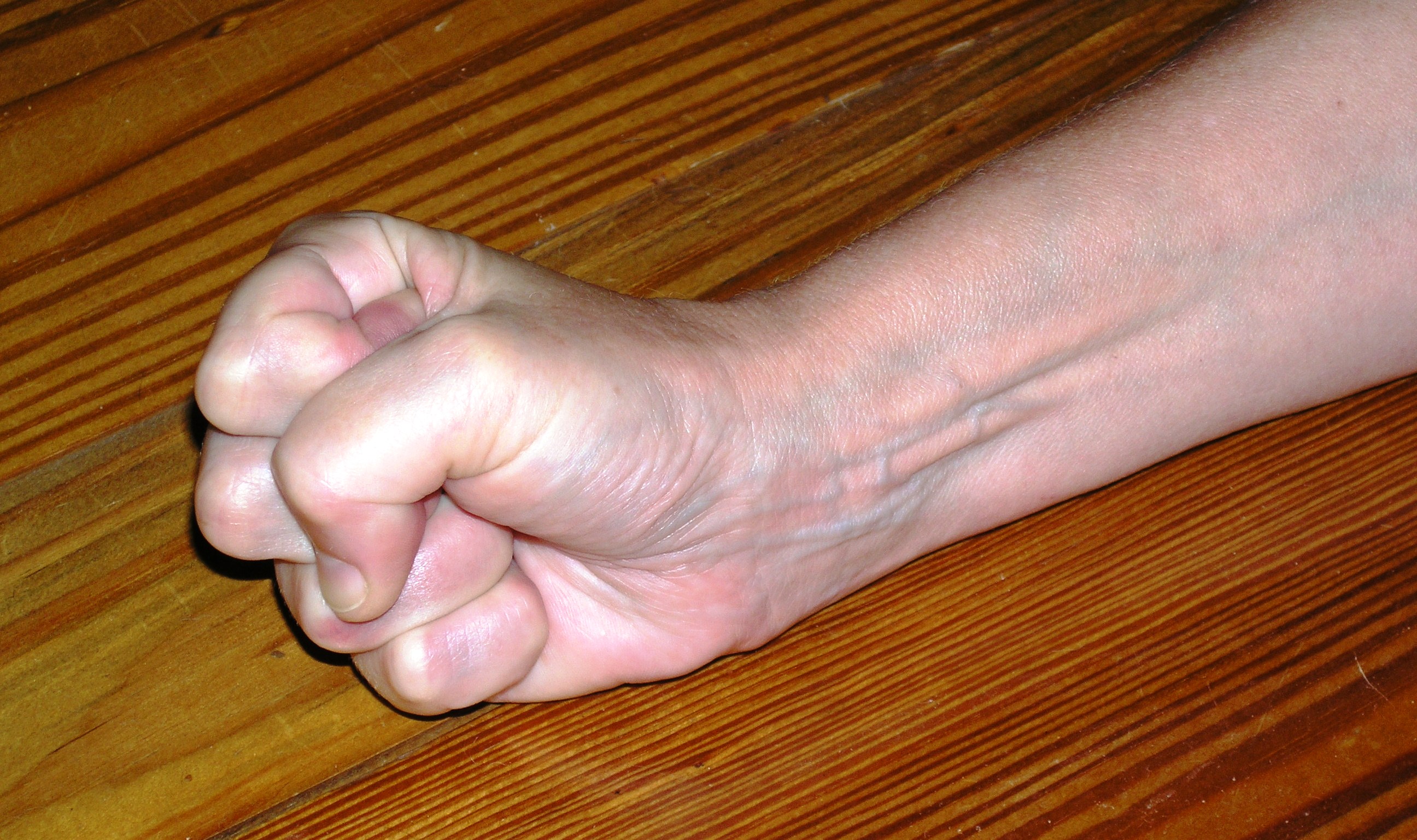This slideshow requires JavaScript.
You’re the one that determines your path in life—your destiny.
It is my perspective that we are in charge of our own destiny. We create our destiny with every choice we make. We can change it at any time.
Think of destiny as a horse that you’re riding. Every pull of the reins and flick of the wrist (choices and decisions) guides the horse where you want it to go (creates your destiny).
Fate is different. Fate is what the horse becomes when you let go of the reins. The horse is no longer guided. Fate is something that happens to you.
When Rabbi Shmuley was a guest on Oprah Radio he said, “Believing in fate instead of carving out your destiny can leave you powerless.”
Have you ever heard or used one of these common phrases? “Those are the cards I was dealt,” or “That’s just what life handed her,” and “She really got the short end of the stick!” These are fate-based statements.
Fate is a belief that human beings have no choice—we’re scripted.
Destiny is a belief that we have control of our choices, actions, and reactions.
I love the words of wisdom shared by Enzo, the wise dog and narrator in Garth Stein’s heartwarming book, The Art of Racing in the Rain:
“We are the creators of our own destiny. Be it through intention or ignorance, our successes and our failures have been brought on by none other than ourselves.”
What path have you chosen?
Listen with your heart,
Laurie Buchanan
“Whatever you are not changing, you are choosing.”
– Laurie Buchanan
www.HolEssence.com.
© 2010 Laurie Buchanan – All Rights Reserved









